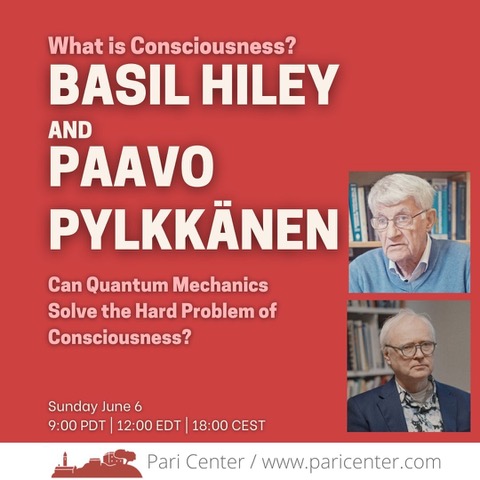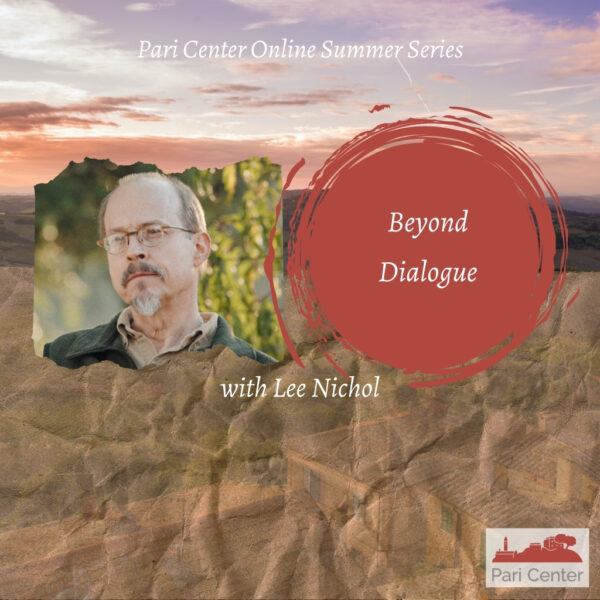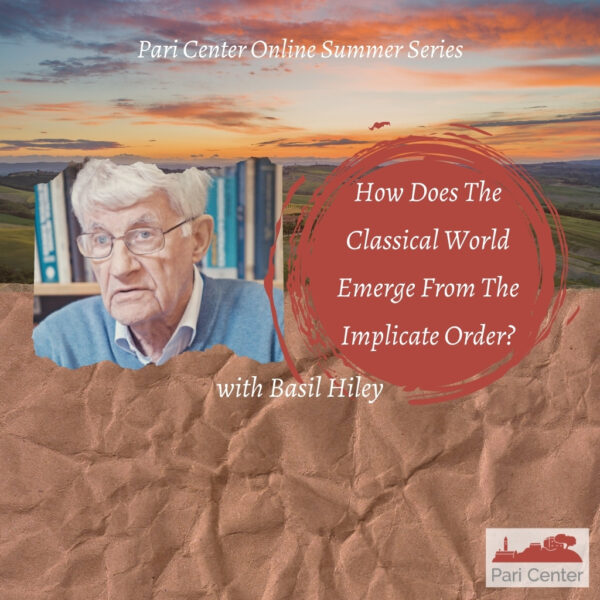Your cart is currently empty!
Imagination and Participation: A Bohm-Barfield Nexus with Lee Nichol, James Peat Barbieri, Hester Reeve, Mark Vernon
10,00€
August 15, 2021 – For those who have surveyed David Bohm’s version of dialogue and the larger theoretical context from which it emerged, a trove of concepts and definitions will be familiar: participatory thought, literal thought, thought of type ‘A’ and type ‘B,’ representations, collective representations. What is less familiar is the extent to which…






